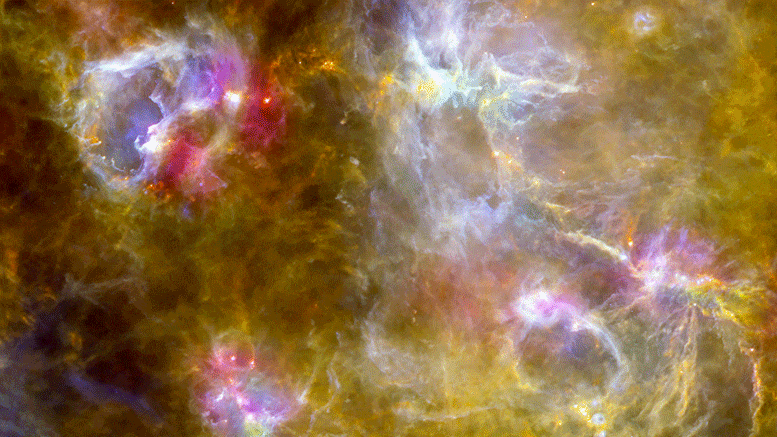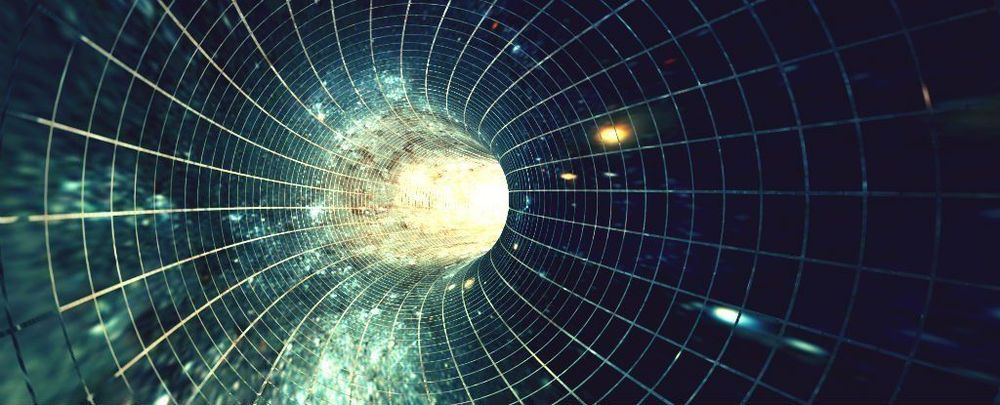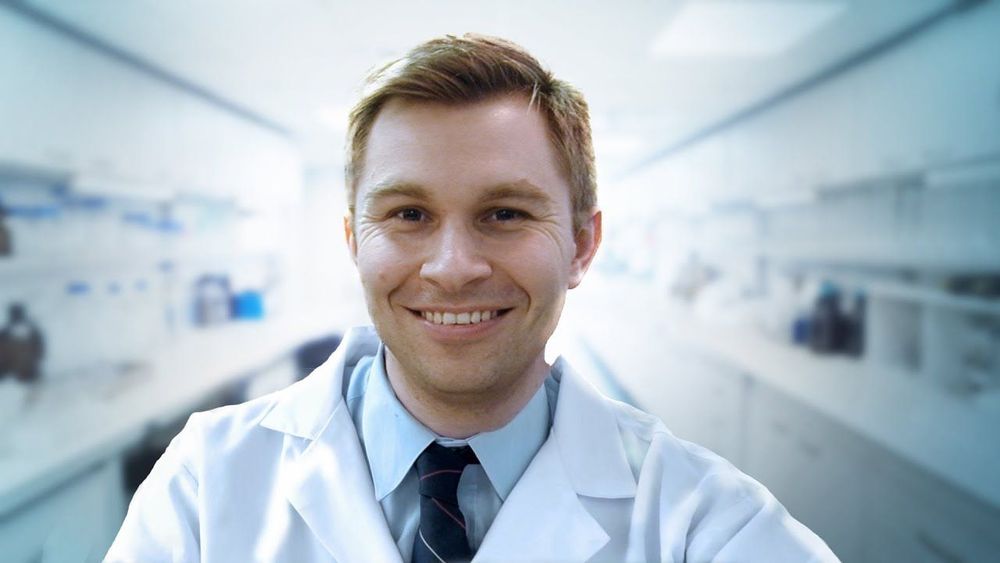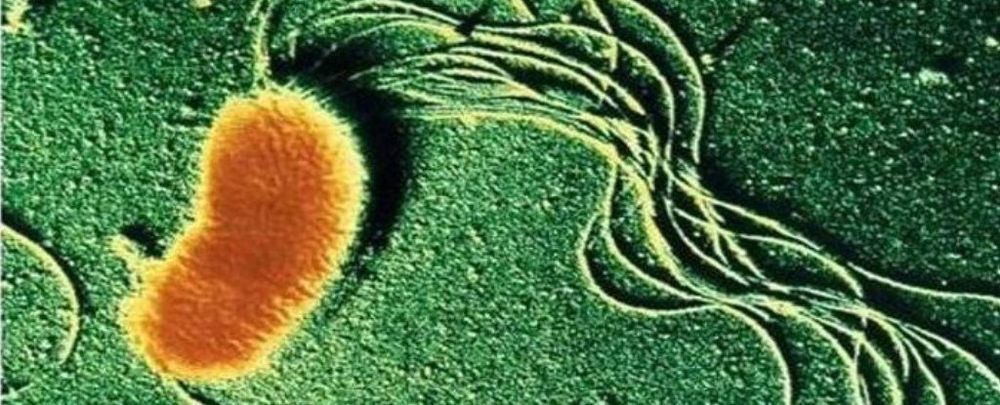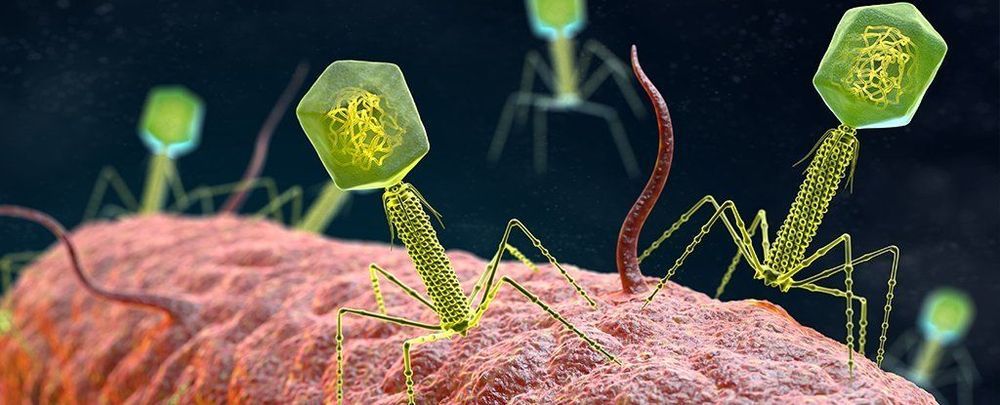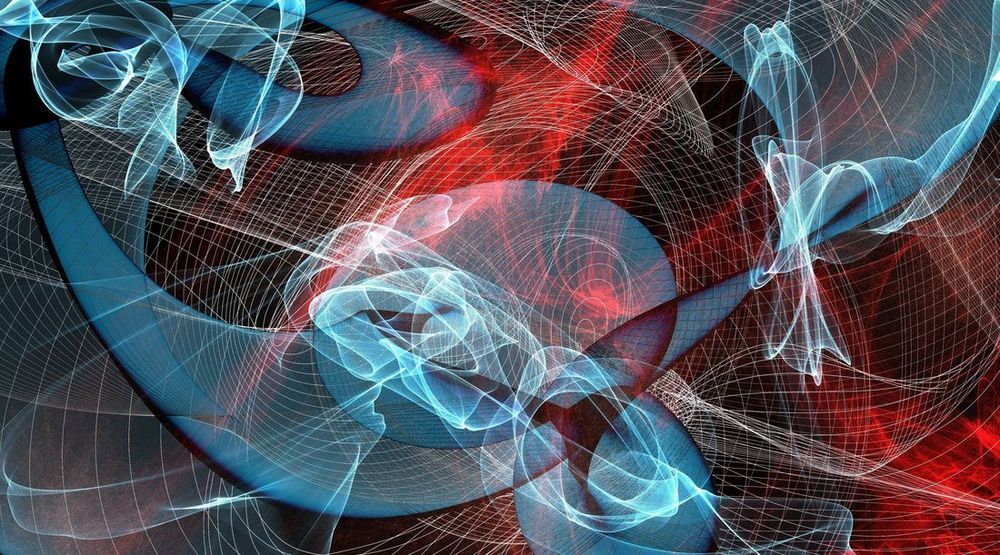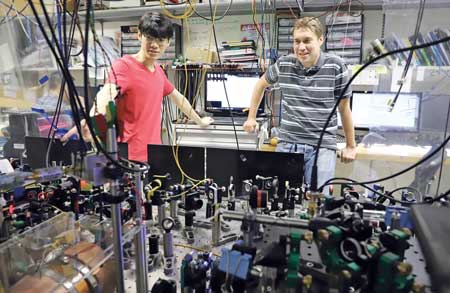Sep 27, 2020
Astrophysicists Prove That Water Ice Is Trapped in Star Dust
Posted by Quinn Sena in categories: chemistry, particle physics, space travel
Astrophysicists at the University of Jena (Germany) prove that dust particles in space are mixed with ice.
The matter between the stars in a galaxy – called the interstellar medium – consists not only of gas, but also of a great deal of dust. At some point in time, stars and planets originated in such an environment, because the dust particles can clump together and merge into celestial bodies. Important chemical processes also take place on these particles, from which complex organic – possibly even prebiotic – molecules emerge. However, for these processes to be possible, there has to be water. In particularly cold cosmic environments, water occurs in the form of ice. Until now, however, the connection between ice and dust in these regions of space was unclear. A research team from Friedrich Schiller University Jena and the Max Planck Institute for Astronomy has now proven that the dust particles and the ice are mixed. They report their findings in the current issue of the research journal Nature Astronomy.
Better modelling of physico-chemical processes in space.
